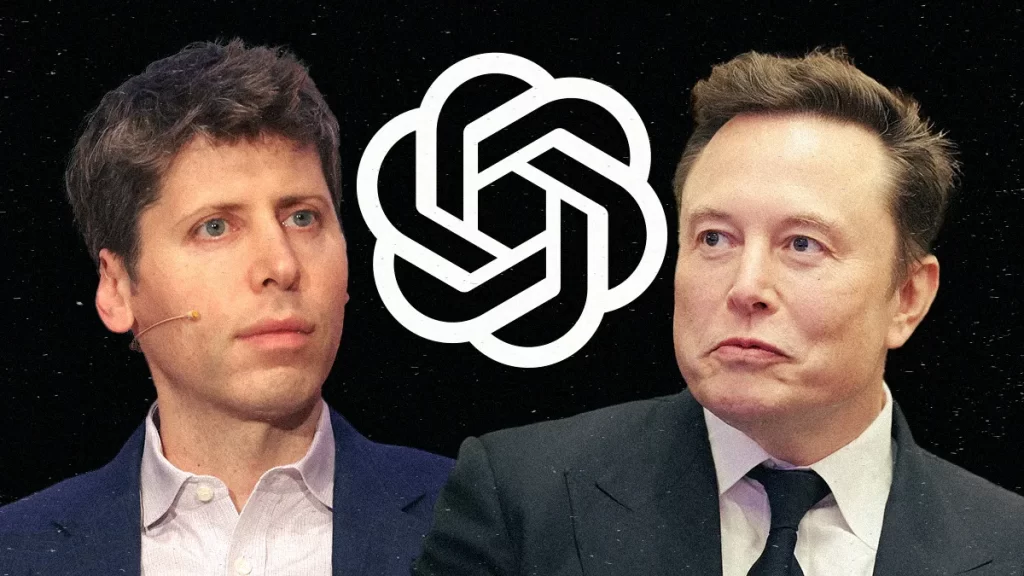|
Getting your Trinity Audio player ready...
|
Elon Musk’s x.AI-led consortium has made a staggering $97.4 billion offer to acquire OpenAI, a move that has sparked a legal and strategic showdown with OpenAI CEO Sam Altman. While Altman has dismissed the bid, calling it a ploy to block OpenAI’s transition from a nonprofit to a for-profit entity, Musk’s team insists the offer is genuine. With the full letter of intent now public, here are five key details that shed light on this high-stakes battle.
1. A Clear Deadline: May 10, 2025
Musk’s unsolicited offer comes with a specific expiration date: May 10, 2025. The deadline can only be extended if the deal is finalized early, both parties agree to end discussions, or OpenAI formally rejects the offer in writing.
Despite Altman’s public dismissal—including a joking counteroffer to buy X for a tenth of the price—OpenAI’s board has yet to formally reject the bid. Boards are typically required to evaluate such offers, even from competitors, leaving the door open for further negotiations.
2. An All-Cash Transaction
The $97.375 billion offer is notable for being an all-cash deal, a departure from Musk’s previous reliance on debt, such as the $13 billion he borrowed to acquire Twitter (now X) in 2022.
The consortium includes high-profile investors like Joe Lonsdale’s 8VC and SpaceX backer Vy Capital, as well as unnamed others. This suggests Musk isn’t using his personal fortune, estimated at around $400 billion, to finance the bid.
3. Full Access to OpenAI’s Books and Personnel
Before finalizing the deal, Musk’s consortium demands access to OpenAI’s financial records, business operations, and staff for interviews. This includes:
- Assets, facilities, and equipment
- Books and records
While due diligence is standard for such transactions, critics argue this could give Musk’s x.AI—a direct OpenAI competitor—access to sensitive internal information.
4. Contradicting Musk’s Lawsuit
The $97.4 billion bid appears to undermine Musk’s ongoing lawsuit against OpenAI. In legal filings, Musk has argued that OpenAI’s assets cannot be “transferred away” for private gain.
OpenAI’s lawyers have called the offer “an improper bid to undermine a competitor,” suggesting it’s not a serious attempt to acquire the company. However, Musk’s team maintains the offer is genuine and aims to further OpenAI’s mission by providing funds to its nonprofit arm.
5. Musk’s Ultimatum: Stay Nonprofit or Lose the Bid
Musk’s legal team has stated that he will withdraw the offer if OpenAI commits to remaining a nonprofit. This ultimatum aligns with Musk’s lawsuit, which seeks to block OpenAI’s transition to a for-profit model.
The filing argues that the nonprofit should receive fair market value for its assets, based on what an independent buyer would pay. This has led some analysts to speculate that the bid is a strategic move to drive up the price Altman would need to pay to take OpenAI private.
What’s Next for OpenAI and Musk?
The battle between Musk and Altman highlights the complexities of OpenAI’s transition and the high stakes of AI innovation. Key questions remain:
- Will OpenAI’s board formally reject the offer?
- How will Musk’s lawsuit impact OpenAI’s plans?
- Could this bid set a precedent for future acquisitions in the AI industry?
Conclusion:
Elon Musk’s $97.4 billion bid for OpenAI is more than just a financial offer—it’s a strategic maneuver in a high-stakes game of AI dominance. As the legal and corporate drama unfolds, the future of OpenAI hangs in the balance. Will Musk succeed in blocking its transition, or will Altman find a way to keep the company on its current path?
